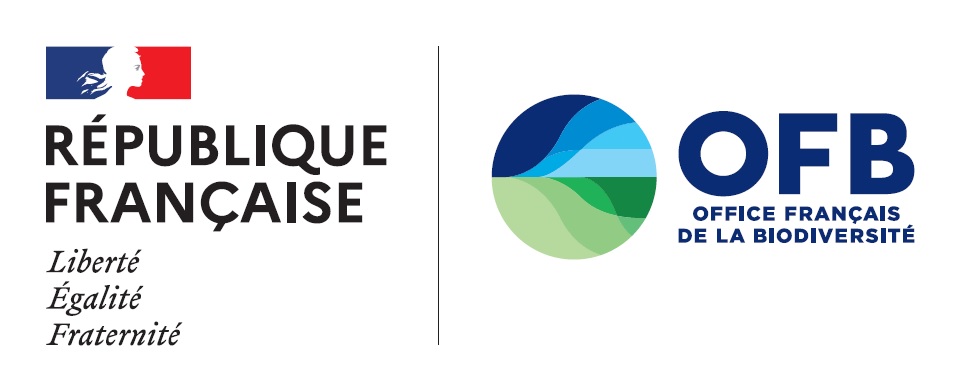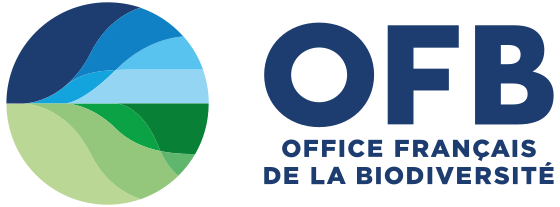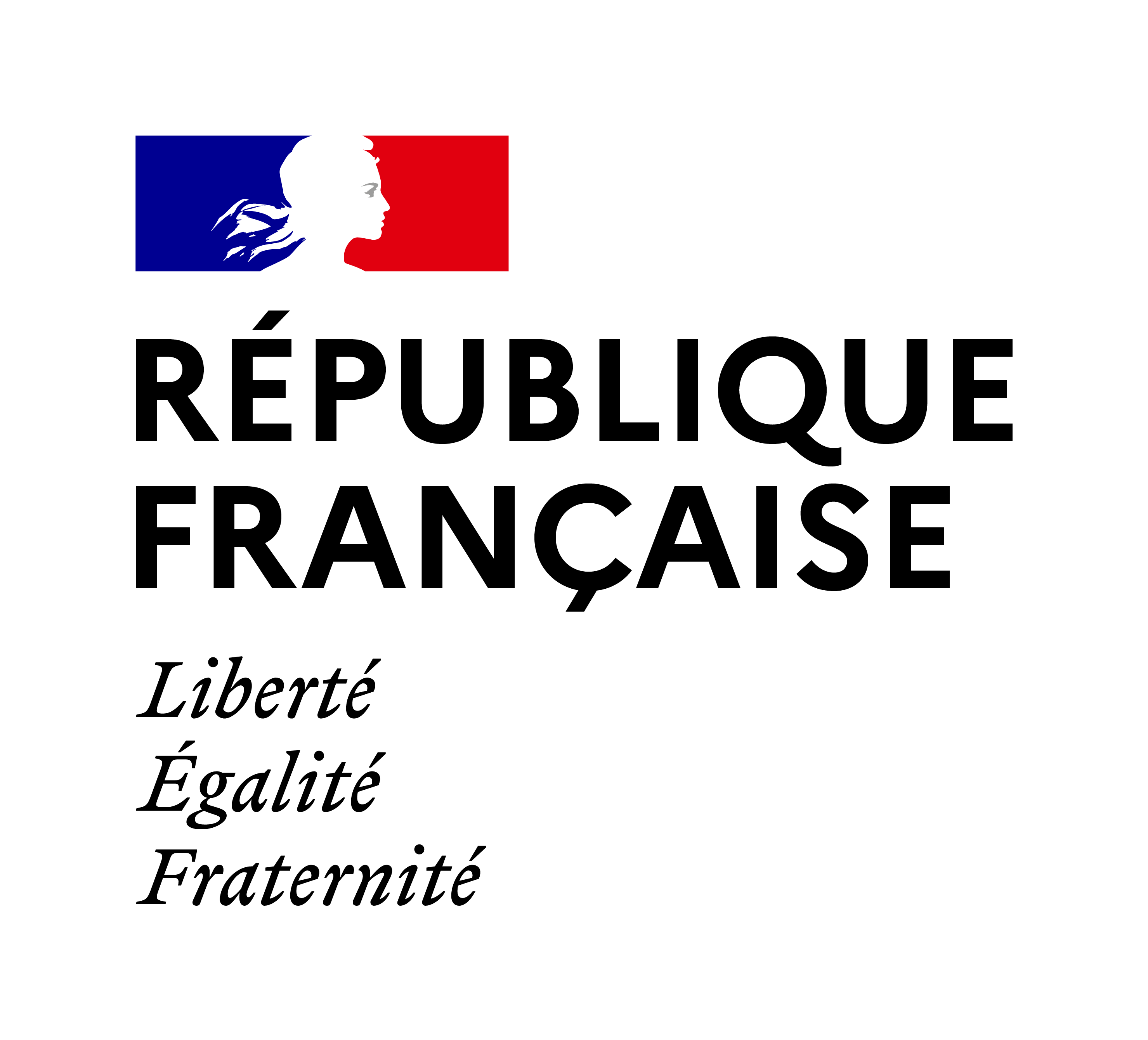Note / data sheet (including project management reports)
Guide to scale interpretation and age estimation for Atlantic Salmon (Salmo salar) from French populations | Guides and protocols | June 2023
Belonging to the genus Salmo, the Atlantic Salmon is a species in the family Salmonidae and the subfamily Salmoninae. The Atlantic Salmon is still present in numerous rivers of the French Channel-Atlantic seafront. It has always been absent from the Mediterranean. The overall objective of this guide is to serve as a user manual for interpreting the scales and estimating the age of the Atlantic Salmon (Salmo salar) from the French Atlantic Salmon populations.

Ecological continuity in littoral wetlands, a local, national and European issue - n° 41 | Meetings | November 2016
Questions concerning littoral wetlands are being raised during a time of transition impacted by both natural phenomena (e.g. the infl uence of climate change on littoral wetlands) and institutional changes. In this highly fl uid context, the objective is to produce a joint project for the Atlantic, Mediterranean and Channel/North Sea coasts, based on a shared vision of the issues.

Invasive alien species in aquatic environments - Practical information and management insights - Vol. 4 | Knowledge for action | May 2022
Invasive alien species (IAS) and their impacts represent a growing concern for the managers of natural areas. In both continental France and the overseas territories, a large number of people and organisations have taken action to limit the damage. Following on from the previous works, volume 4 brings together 25 unpublished project management reports in aquatic and terrestrial environments, including 8 in the French overseas territories.

A national centre to promote river restoration - n°40 | Meetings | May 2016
In a few months, France will have its very own National Centre for river restoration, like a number of other European countries. In order to collectively consider this centre’s priority activities, Onema organised a day of discussion with the relevant public-sector stakeholders on 1 December 2015 in Paris.

Natural water retention measures NWRM - Measures offering multiple benefits to meet water-related challenges - n° 72 | Meetings | May 2020
Natural water retention measures comprise an array of initiatives to restore the natural properties of ecosystems in view of slowing the runoff of surface waters and increasing the infiltration capacity of soil. Examples from projects in France stress the multiple benefits of these measures.

Dam removal - The Sélune River free to run - n°70 | Meetings | December 2019
What happens when a river is once again free to run? In the Sélune valley (Manche department in Normandy), the largest dam-removal project in Europe is being carried out in step with an unprecedented scientific programme aiming to better understand the changes in the ecosystem, monitor the return of migratory fish and participate in the future development of the valley.

Restoration of river continuity: model initiatives across France and Europe - n°54 | Meetings | April 2018
The French National River Restoration Centre, led by the French Agency for Biodiversity (AFB), organised a workshop and field visits on river continuity restoration initiatives. This was an opportunity for practitioners involved in the management of aquatic environments to discover reproducible actions targeting multiple issues, carried out in Italy, the United Kingdom, Finland and France.

Why restore river continuity ? | Book | September 2010
In France, more than 60000 structures - dams, locks, weirs and mills - have been listed on rivers and are potential obstacles to river continuity. Important regulatory texts focus on biological continuity between major natural sites and within aquatic environments. In practical terms, these regulatory texts lead us to increase our collective efforts and actions in favour of restoring river continuity.

Economic instruments to support water policy in Europe: paving the way for research and future development | Meetings recap | December 2011
Positioned at the interface between science and policy, the workshop provided an opportunity for economists, practitioners, policy makers and researchers to dialogue about the design and implementation of (new) economic instruments in the field of water, as a means to identify: the main policy demands in terms of economic knowledge and expertise, key “success factors” for the effective implementation of economic instruments, pre-conditions for economic instruments to deliver behavioural changes and efficiency gains, and support financing actions for achieving sustainable water management and the ecological objectives of the WFD.

Implementation of the Water Framework Directive. When ecosystem services come into play | Meetings recap | September 2012
This document presents the results of the seminar Implementation of the Water framework directive. When ecosystem services come into play, i.e. the concept of ecosystem services, the application methods for integrated water management in Europe, recommendations for decision-makers and the fields where further research is required.




